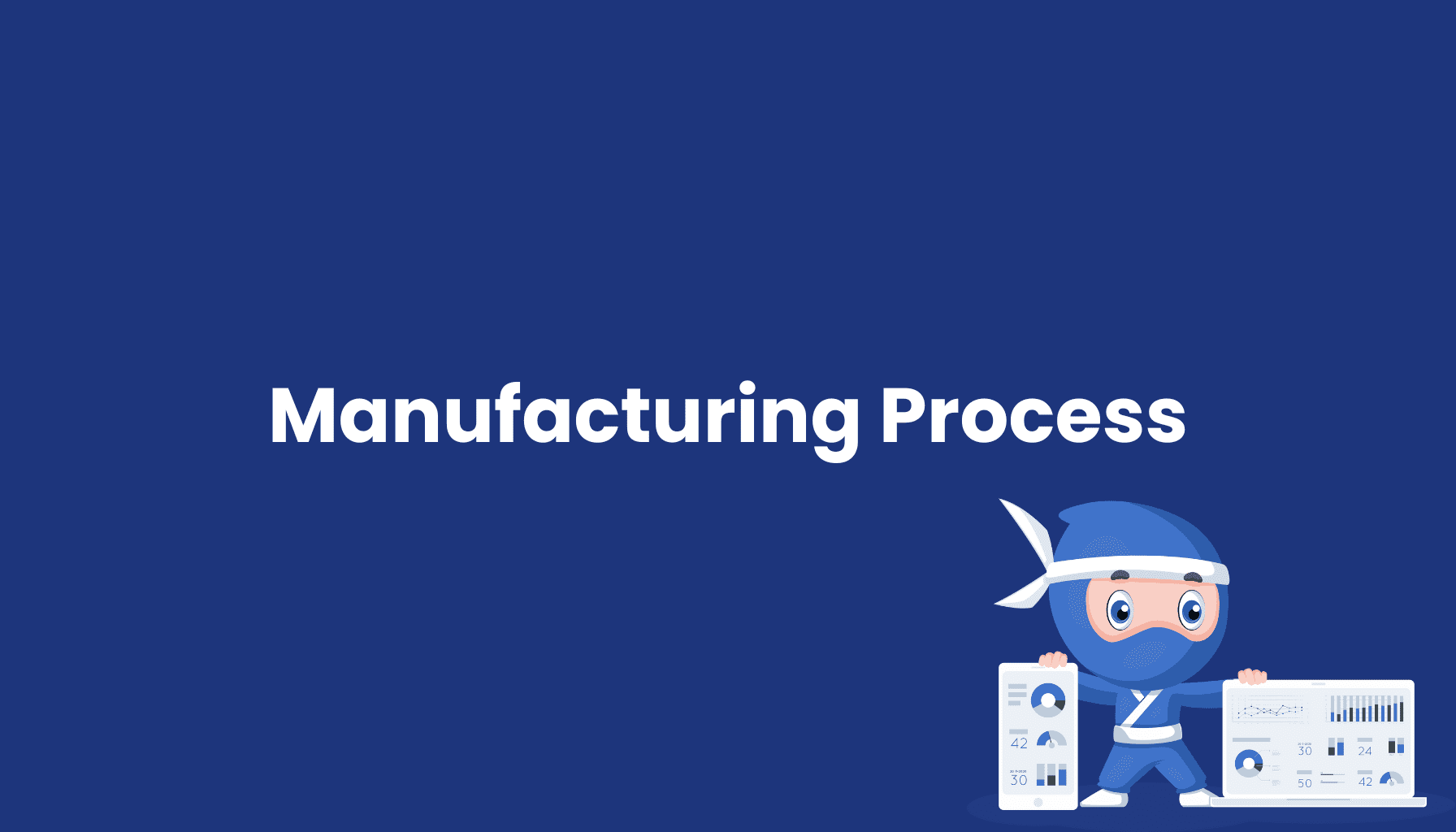Manufacturing Process

What is a Manufacturing Process?
A manufacturing process refers to the series of steps required to transform raw materials into finished products. In the manufacturing industry, this process includes various phases such as design, material procurement, production, quality control, and distribution. The primary goal of a manufacturing process is to produce products efficiently and cost-effectively while meeting customer requirements and adhering to quality and safety standards.
What are the Key Stages of a Manufacturing Process?
-
Design and Prototyping:
- The manufacturing process begins with product development and design. Prototypes are created to test functionality, feasibility, and compliance with design specifications. This step is crucial to minimize production issues later and ensure that the product meets customer expectations.
-
Procurement of Raw Materials:
- Essential raw materials and components are sourced from suppliers. The quality and availability of these materials are critical to maintaining the production schedule and ensuring consistent product quality.
-
Production:
- This is the core stage of the manufacturing process, where raw materials are transformed into finished products through various operations such as machining, assembly, and fabrication. The production phase often involves multiple steps, depending on the complexity of the product.
-
Quality Control:
- Throughout the production process, continuous quality control measures are implemented to ensure that products meet the established quality standards. This phase includes inspections, testing, and verification of product conformity to ensure that the final product is functional and free of defects.
-
Packaging and Distribution:
- After production, the finished products are carefully packaged and prepared for shipment. This step includes storage, supply chain management, and logistics to ensure that the products are delivered safely and on time to the customer.
Why is the Manufacturing Process Crucial for Competitiveness?
An optimized manufacturing process is crucial for reducing costs, improving product quality, and shortening delivery times. By carefully planning and monitoring each step in the manufacturing process, companies can produce more efficiently, generate less waste, and respond faster to market demands. This not only enhances customer satisfaction but also strengthens the company's competitive position.





